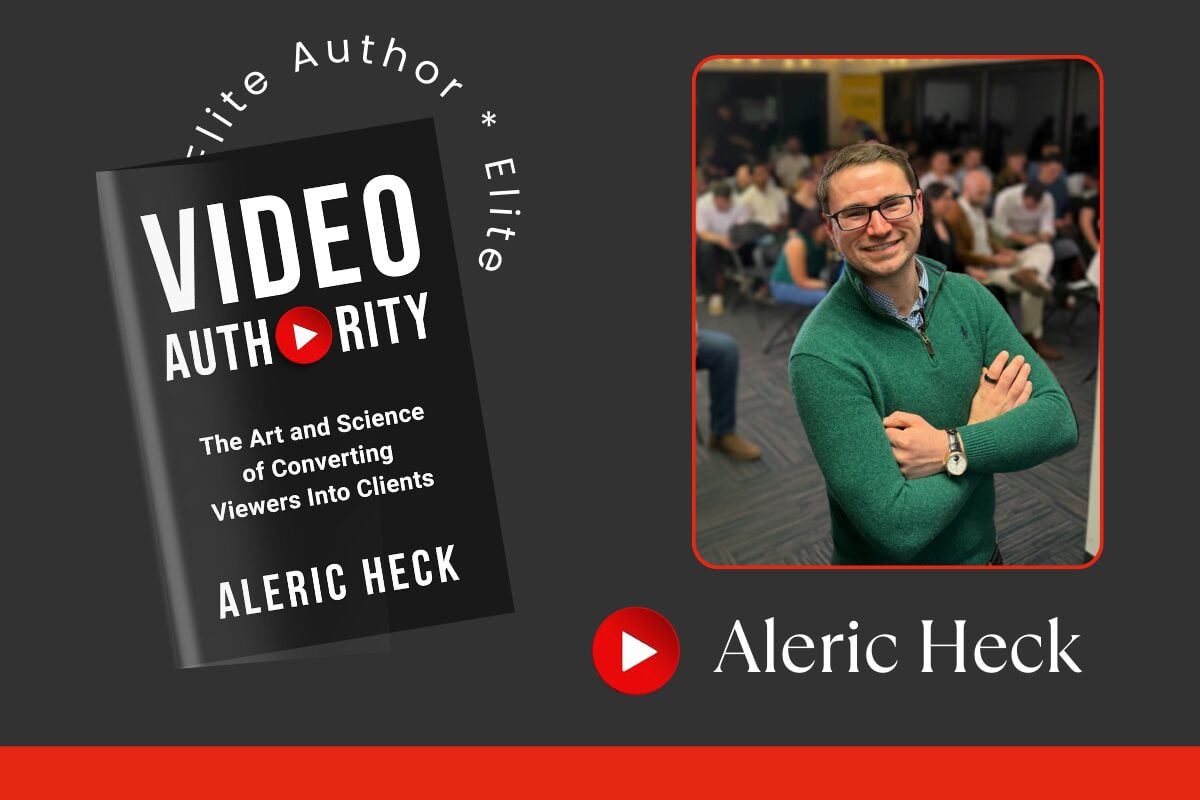Have you ever wondered how to get a book deal or if you need an agent to secure one? These are important questions to consider as you start your writing journey.
Whether you are in the process of writing your first book or have an entire series you want to publish, knowing how to get a book deal is an integral part of your publishing process.
However, depending on what type of publishing journey you take, how to get a book publishing deal can take myriad forms. In this article we will discuss: if you should even get a book deal, how to get a book deal, three things to look for, and what to avoid when learning how to get a publishing deal.
Should you get a book deal?
The first question to answer when learning how to get a book deal is if you should even be considering one.
Let’s start by laying the groundwork.
If you want to focus strictly on book writing and building your platform (and leave creative liberties to someone else), you should pursue securing a book deal. In traditional publishing, receiving an offer usually follows the following process:
- Draft your novel
- Edit your novel
- Create a compelling book proposal
- Query agents
- Sign with an agent
- Let your agent shop your manuscript to publishers
- Receive rejections
- Receive an offer from a publisher
- Negotiate the contract
- Sign the contract
Nonfiction follows a very similar path, but usually, you only need to write the first three chapters to secure a literary agent or a book deal.
Learning how to get a book deal is quite a process, and your deal can take months, if not years to secure. There are stories of writers who break the mold, obtain a book deal quickly, and reach success – but this is not the norm.
If you are prepared to put this kind of time and effort into traditional publication, then yes, you should pursue getting a traditional book deal.
If you want to learn how to get a book publishing deal, read on.
How to get a book deal: Three things to look for
Several critical questions must be considered when learning how to get a book deal. Obtaining a book deal is quite an accomplishment and can often make or break the start of your career. Finding the right publisher and allowing your agent to negotiate your contract are two factors, but there are other steps you can take on your way.
1 – Decide what size publisher is right for you
Some authors are prepared to take any offer to get their book out there. A small publisher can help your first book do very well, as can a more prominent, well-known publisher. Either way, it’s important to understand what type of marketing reach the publisher has prior to signing when learning how to get a book publishing deal.
2 – Consider past sales and branding
Before signing a contract, look at how well previous books did with this publisher. Also, look at book covers to make sure your book’s branding aligns with your author brand. Look for the big picture, and see where your book fits.
3 – Look at the contract
While your agent should handle the negotiations for you, taking control of your publishing journey and understanding what you are signing is important. Look through your rights, what the publisher will take control of, and all other relevant details.
One of the major things to look for in traditional publishing deals is the rights to ebooks and audiobooks. The most experienced, highest caliber authors take the ebook and audiobook out of the contract and publish those separately or even independently.
Now that you know what to look for, avoiding the wrong options is important when learning how to get a book deal.
How to get a book deal: What to avoid
Writers are passionate about putting their work out into the world, and with this passion driving them forward, sometimes it can be simple to make a mistake early on when learning how to get a book deal.
Be leery of any publisher who asks you to pay to publish with their company without offering any services, coaching, or support in return. In traditional publishing, publishers pay you, the author, for the privilege of publishing your book. How much you make as an author and how you get paid varies, but two primary payments are your advance and your royalties.
It’s also important to avoid ambiguity from publishers when learning how to get a book deal. Seek clarity and hard facts when deciding whether or not to publish with a particular house.
Again, your agent should know which publishers are credible and what will likely produce the best for your career, but be aware of what’s happening and what you’re getting into. Any traditional publisher who asks you for money should be avoided.
- Related: Traditional vs. Self-Publishing
- Related: How to Self-Publish a Book
Why self-publishing may be the better option
If you have a solid grasp on marketing, can hire a professional editor, and want full creative liberties with your book, self-publishing may be a better alternative for you than learning how to get a publishing deal.
Additionally, while self-publishing a book can be a long process, you do not need to wait on a publisher to offer you a book deal.
Turnaround time and creative liberties
Self-publishing is also a great option for those who want a faster turnaround time from rough draft to publication. When you self-publish, you can take matters into your own hands a bit more proactively.
- You decide the speed you publish
- You choose your editor
- You choose your book design
- You create and execute your marketing plan
Of course, the privilege of full creative liberties comes with more responsibility, but if you have the capacity for it, self-publishing can be a fantastic option compared to learning how to get a publishing deal.
On-brand book and specific marketing plan
Let’s say you are an entrepreneur who is fully self-employed and making waves in the small business world. You had an incredible journey to where you are today—highs and lows—and want to share your story.
Due to building your business, you have a large email list, a strong brand people resonate with, and speak on branding and business at conferences around the nation.
Now you have the itch to publish a book that aligns with your brand and you can point your audiences to it after you present. Self-publishing may be the better option for you because you:
- Know how to market yourself
- Have a strong online presence
- Built a strong brand
- Can receive higher royalties
- Could have a fast turnaround time from book idea to publication date
If you chose to publish traditionally, you would need to follow the steps listed earlier – and presenting your book to your audience would likely take quite a bit longer.
Options for more books, faster
If you choose to self-publish, you can also write more books on-demand.
For instance, if your first book does well and you sell thousands of copies in the first several months, you may want to put a follow-up book out.
When you choose to self-publish, you can use the existing buzz of your first book to create expectations and readership for your next book. Self-publishing allows you the option to put books into your readers’ hands at your own pace.
What’s right for you?
The answer to this question is subjective and depends on your personal writing and career goals. If you are not a confident marketer and are still working to build your platform, or perhaps don’t have the means right now to hire a professional editor, consider learning how to get a book deal with a traditional publishing house.
That said, if you already have a built-in audience, are building a solid brand, and are pretty comfortable with marketing, you may want to consider self-publishing. While it will take investment up front, and you will not receive an advance, your royalty rates will be higher and you will keep all your book rights.
Remember, the fun of being a writer is that you get to make the right choice for your book! Do your research and then move forward boldly with your work.
FAQs on how to get a book deal
How much money do you get for a book deal?
Your advance can range anywhere between $5,000 and $100,000 if you land a book deal.
What are the chances of getting a book deal?
Right now, the odds of getting a book publishing deal are between 1% and 2%, which is why so many authors are turning to self-publishing.
Do publishers pay for your book?
Yes, a reputable publisher will pay you an advance and cover all publishing costs. You shouldn’t work with a publisher who asks you for money to publish your book.

























